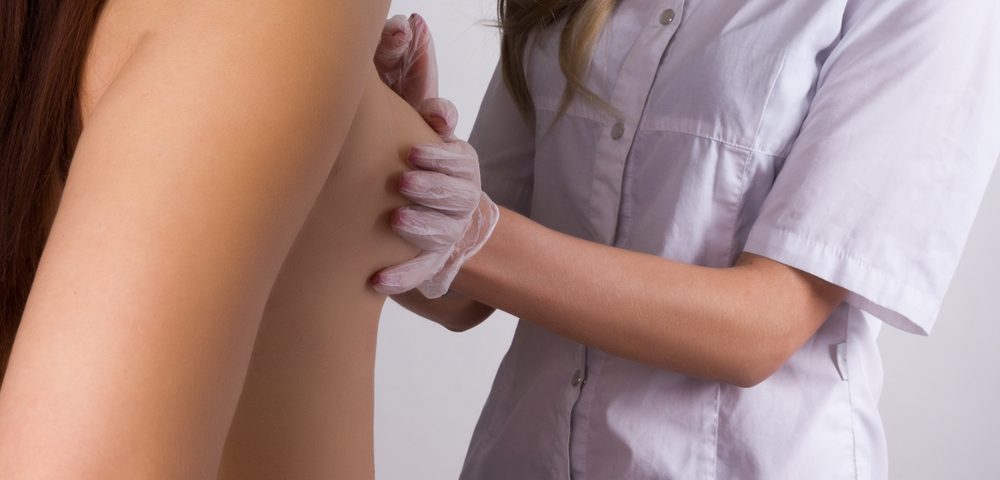The MammaCare Foundation is offering a simulator to help train healthcare professionals and students in performing manual breast exams, with the aim of improving an early diagnosis of breast cancer.
Diagnosing breast cancer early on can allow treatment to be started before the tumor grows or spreads elsewhere. As such, an early diagnosis breast cancers is a major goal of breast cancer care.
Manual breast exams — where a person uses their hands to palpate a breast, feeling for abnormal lumps that might be indicative of cancer — are an important diagnostic tool, and can be self-administered or performed by a healthcare specialist.
However, people who haven’t been trained to conduct these exams may be more likely to miss lumps that should raise suspicion, or they may simply neglect to perform the exams at all. For these reasons, it is important for healthcare providers to be trained in how to properly conduct a manual breast exam.
The technology, called the MammaCare Clinical Breast Exam (CBE) Simulator-Trainer, aims to do just that. The technology is, essentially, a model breast on a pad, which can be plugged into a computer. The model is touch-sensitive, allowing practitioners to feel for small lumps (under 0.5 cm, or about the size of a small pea).
People using the Simulator-Trainer are first taught basic palpitations, and then are given progressively more complex models as more advanced touch-based skills are taught. The simulator interfaces with the Google Chrome browser, which includes a digital “instructor” that assesses users’ progress and provides corrective feedback in real time.
A 2014 study using the technology supported its ability to improve interns’ skills at performing manual breast exams.
“These remarkable and reproducible technologies now make it possible with any laptop to validate essential clinical skills through Google, everywhere, in classrooms, clinics, and hospitals,” Mark Kane Goldstein, PhD, scientific director of the MammaCare Foundation, said in a press release.
The technology is currently being utilized by a U.S. Women Veterans Health Program and a government-sponsored National Breast and Cervical Cancer Early Detection Program, as well as by schools of medicine and nursing.
Certification programs and continuing education credits are also available via online training sessions; information is available here.
People interested in using the technology for students or healthcare providers can contact MammaCare.

